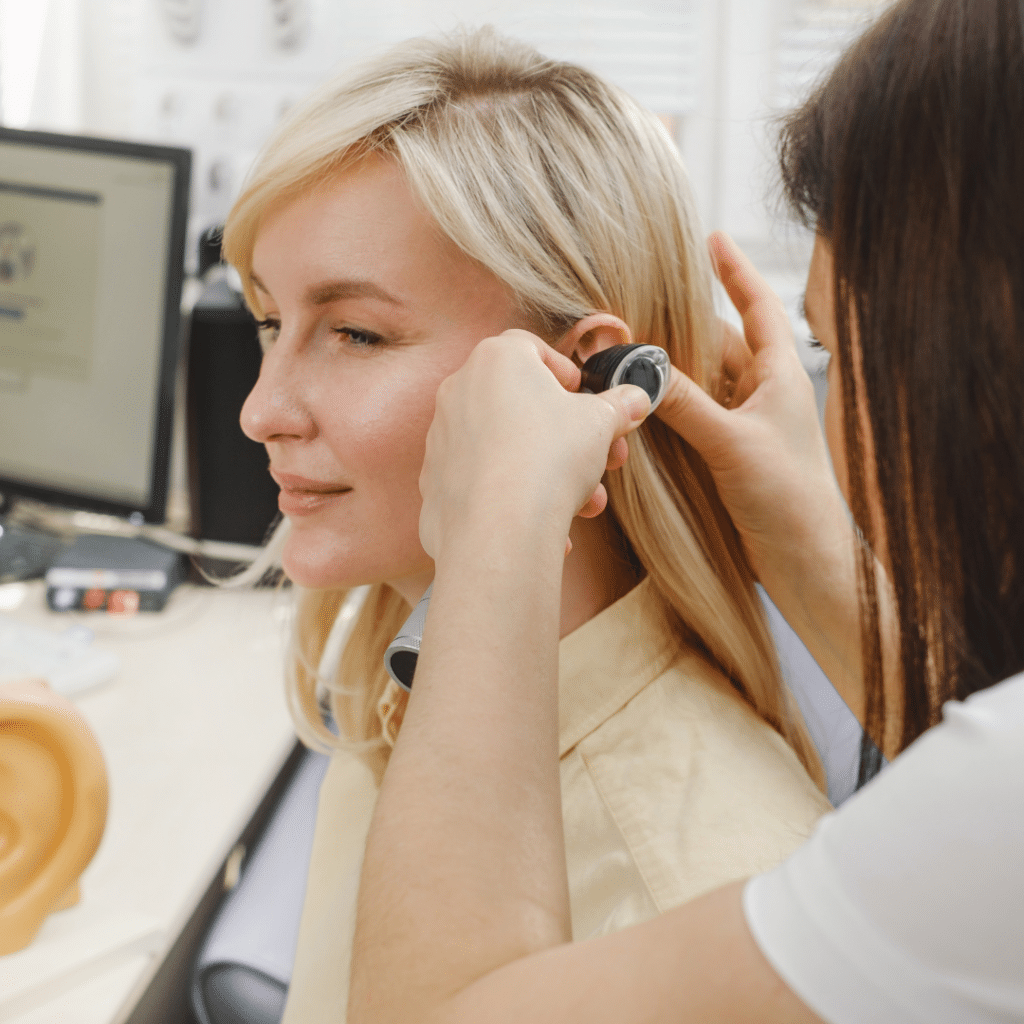Hearing is an essential sense that allows us to connect with the world. However, exposure to loud noises, aging, infections, and even lifestyle habits can lead to hearing loss, affecting communication and overall well-being. Whether you are young or old, it’s crucial to take steps to protect your hearing and maintain ear health.
In this blog, we’ll explore how hearing works, common causes of hearing loss, and practical tips to preserve hearing health for a lifetime.

How Hearing Works
Our ears are delicate and complex. Sound waves travel through the outer ear, pass into the middle ear, and finally reach the inner ear, where tiny hair cells convert sound vibrations into electrical signals. These signals are then sent to the brain, allowing us to recognize and process sound.
When these hair cells get damaged due to noise exposure, aging, or medical conditions, hearing loss occurs. Unlike other body cells, these hair cells do not regenerate, making hearing protection crucial.
Common Causes of Hearing Loss
Hearing loss can occur due to various factors, including:
- Exposure to loud noises (concerts, loud music, machinery)
- Aging (natural decline in hearing ability over time)
- Infections and earwax buildup (causing temporary hearing loss)
- Ototoxic medications (certain drugs that damage hearing)
- Health conditions (diabetes, high blood pressure)
By taking the right precautions, we can prevent hearing loss and ensure long-term auditory health.
Best Practices to Protect Your Hearing
1. Lower the Volume
Modern devices like smartphones, tablets, and headphones can expose our ears to dangerously high volumes. Follow these tips to keep your ears safe:
- Follow the 60/60 rule – listen at 60% volume for no more than 60 minutes at a time.
- Use noise-cancelling headphones instead of increasing the volume to block background noise.
- Keep the TV, music, and car radio at a moderate level.
2. Wear Hearing Protection
- If you work in a loud environment (construction, factories, concerts), use earplugs or earmuffs.
- Custom-fitted musician’s earplugs are great for those exposed to live music frequently.
- Avoid standing too close to speakers at concerts or events.
3. Keep Your Ears Clean
- Avoid using cotton swabs, as they push earwax deeper.
- If you experience excessive wax buildup, consult a doctor for ear-cleaning solutions.
4. Manage Health Conditions
- High blood pressure, diabetes, and smoking can impact blood flow to the inner ear, causing damage.
- Maintain a healthy lifestyle and control chronic conditions to support hearing health.
5. Get Regular Hearing Checkups
- Annual hearing tests can help detect issues early
- If you struggle to hear conversations or experience ringing in your ears (tinnitus), seek medical advice.
6. Be Cautious with Medications
- Some painkillers, antibiotics, and chemotherapy can harm hearing.
- Consult your doctor if you notice hearing changes after medication use.
Protect Your Hearing for a Lifetime!
Hearing loss is often preventable with the right habits and care. Whether you’re a child, adult, or senior, taking steps to protect your ears today will help you enjoy a lifetime of clear sound and communication.
Listen wisely, protect your hearing, and enjoy the sounds of life!
